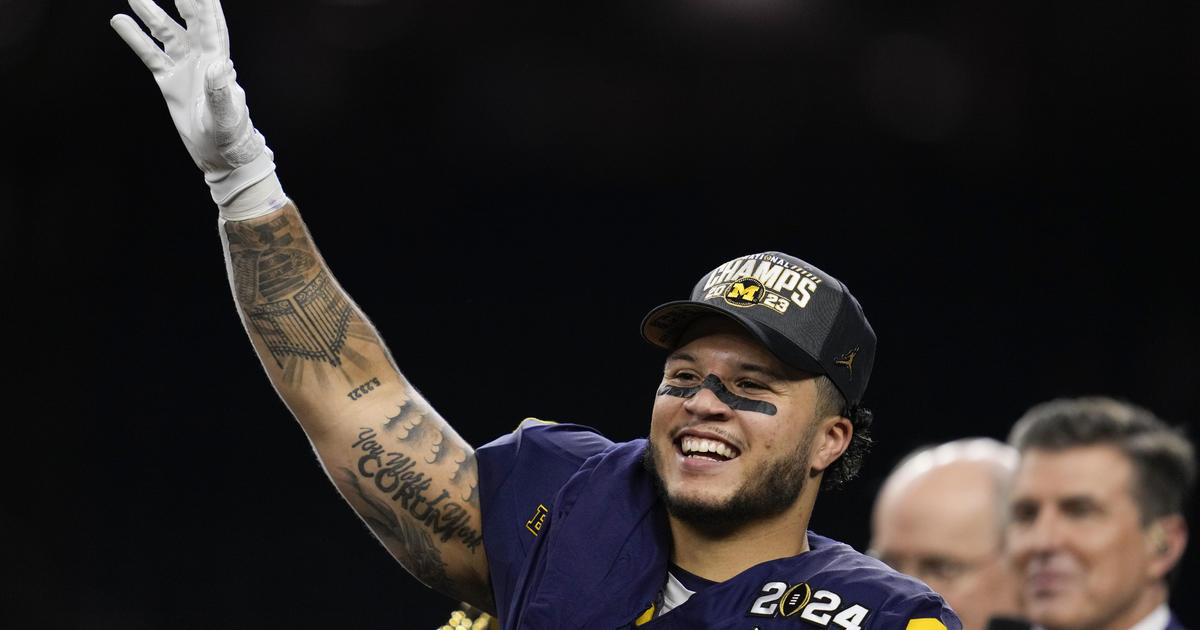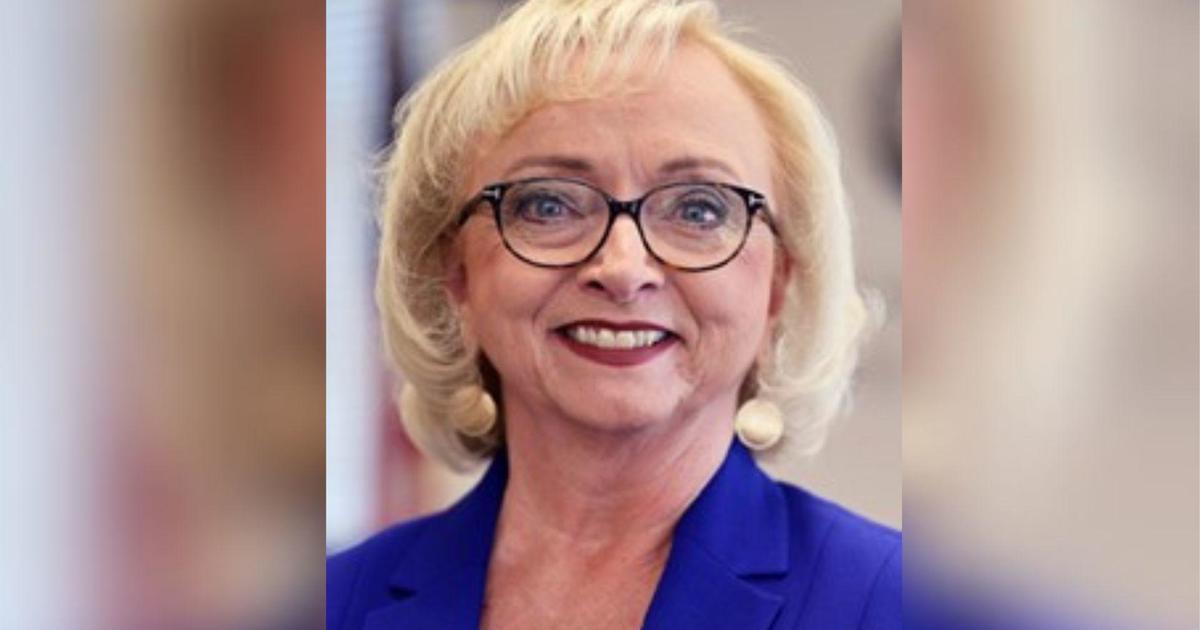Ask A Doc: Everything You Need To Know About Diabetes
November was National Diabetes Month. WJZ's Nicole Baker spoke with LifeBridge Health Dr. Asha Thomas about what diabetes is and how to prevent getting at least one form of it.
Thomas, who is the Division Head of Endocrinology & Metabolism and Vice Chair of the Department of Medicine at Sinai Hospital, answered questions about diabetes prevention and treatment.
You can watch the full interview above. Here's some of the Q&A:
Nicole Baker: So we know that you work in Endocrinology and Metabolism at Sinai, which means you really know how diabetes works, but for people who may not specifically know about diabetes explain in simple terms, what it is.
Dr. Asha Thomas: Absolutely, in terms of diabetes, a word we hear a lot, I think automatically when we hear the word, we think of sugar and blood sugar and all of this. But in general, diabetes is a disorder where there is a mismatch between how our body handles carbohydrates and sugars. And how insulin works in our bodies, and you know there are different types of diabetes which we can talk about, but in essence, that is really the issue. It's just our body's inability to kind of manage and handle our sugars or carbohydrates.
NB: What are some of the habits lifestyle changes folks can make if they are prediabetic or is it too late at that point?
Dr. Thomas: That is the population, honestly that for myself, I'm most excited to try to capture because there are certain things that are actually pretty low tech and not very expensive that are very, very effective. So primarily diet, exercise and weight, either at least even maintenance or weight loss. So if we capture folks in that range, we're really able to prevent diabetes.
The other thing to talk about that I think is very important is who's at risk for this. So it's a whole host of people -- these are people who have a strong family history of diabetes. Folks, particularly women, who've had gestational diabetes or diabetes during a pregnancy. They have a higher risk of developing diabetes later on. Different ethnic groups have a higher risk of diabetes including African American, Hispanic, Asian Americans, Native Americans. Then obviously young people, children who are overweight during their youth and teen years as another high risk group, so if we can target that and really work with them early big benefits later on.
NB: What is the difference between Type 1 Diabetes and Type 2 Diabetes? People may not know how they differ.
Dr. Thomas: That's actually a distinction that's becoming more and more complicated. But generally Type 1 Diabetes is a disorder. That is an autoimmune problem, where our body's pancreas is really getting sort of damaged from an autoimmune process, such that we just don't make enough insulin. Traditionally, we think of it as younger people who get it, that they may develop it, you know when they're young sort of between 4 and 6. And then there's another sort of peak like in the early teen years where they present and many times they present, they're not feeling well and they need insulin from the beginning.
Type 2 Diabetes is more traditional, what we think of like a more of an adult who presents with diabetes with an abnormal blood test. It can be because they had issues with weight loss, fatigue, blurred vision, going to the bathroom a lot to urinate and feeling really thirsty. Generally those are folks that are diagnosed and they can be managed either with pills or with insulin, depending on how far along. Sometimes it's not that easy to tell between the two and there are different genetic components of each one as well.



